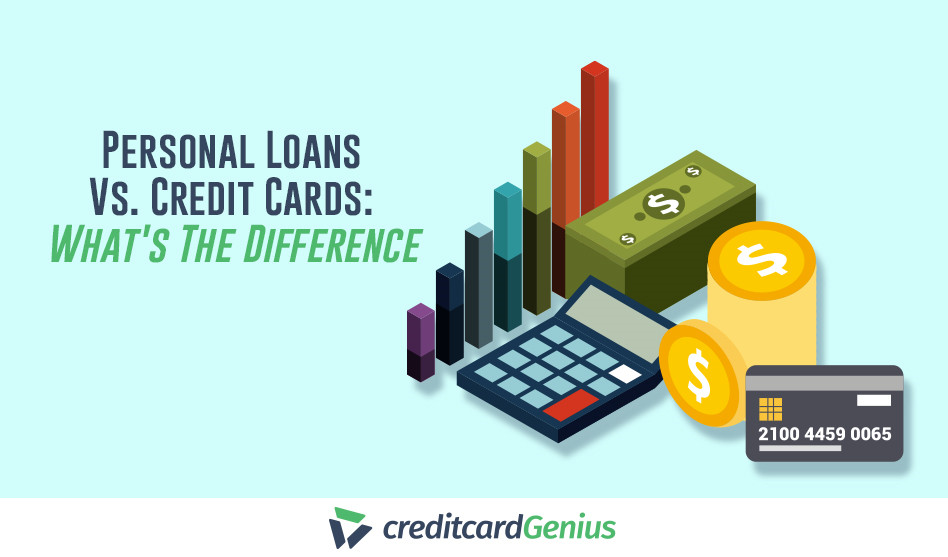Bad credit car loans are designed for people who need a vehicle but have struggled with their finances in the past. Lenders typically like to see credit scores over 600, but some banks and dealerships are willing to offer financing if your credit score is under 559.
This guide explains the various options available for bad credit car loans in Canada, offers advice regarding terms and conditions to watch for, and suggests alternative options.
Key Takeaways
- There are loans available to purchase cars for those with bad credit from various sources.
- Options for getting a car loan if you have bad credit include car dealerships, banks, and alternative lenders.
- Ways to improve your credit score include lowering your credit utilization, increasing the length of your credit history, and making sure you pay your bills on time.
Never miss an amazing deal again + get our bonus 250+ page eBook for FREE. Join 50,000 other Canadians who receive our weekly newsletter – learn more.
How to get a car loan for bad credit
Before you even head to a dealership, take a look at your credit score. Keep in mind that the higher your score, the better the terms you’ll be offered. People with scores of 660 and above typically get the best interest rates.
However, while you can get a car loan with a credit score of 600 or less, getting approved will likely be challenging.
To get a car loan, you’ll need to work with a lender. Usually, you could apply for a loan through your bank, but most dealerships also offer financing. You’ll need to show proof of income and provide specific documents that show your identity, employment, and bank account info.
The lender will pull your credit score and consider all your personal factors to decide whether or not to offer you a car loan. If approved, the lender also sets terms like the interest rate and amount they’re willing to extend.
It’s smart to shop around for lenders before you start looking at vehicles. This way, you can look at vehicles within your budget.
Where to get bad credit car loans
Just because you have bad credit doesn't mean you can't get a loan for a car, though you'll almost certainly have higher interest rates because of it. Car dealerships do offer bad credit car loans, as do banks and alternative lenders.
Here are the details for each of these lending options:
Car dealerships
Car dealerships usually offer financing, including those that sell new vehicles from one brand and independent dealers selling used vehicles.
The large car dealerships selling new cars have limits on what they'll offer for financing. There are used car dealerships that offer guaranteed pricing, though this comes at the cost of higher interest rates.
Banks
You may choose to approach your bank for a car loan. But depending on what your credit looks like, the bank may not be willing to lend you money, even if it's backed by the collateral of a vehicle.
It can still be worth trying to contact your bank and see if they have any available options for you. If you've been with the bank for a while, your relationship and loyalty may help your case.
Alternative lenders
Quite a few institutions are willing to lend people money, even if they have bad credit. Keep in mind, though, that these loans often come with high interest rates.
Many places specialize in car loans for those with poor credit. These include Car Loans Canada and Car Nation Canada.
Pros and cons of bad credit car loans
Just because you can get a car loan with bad credit doesn’t necessarily mean you should. Here are some factors to weigh before signing on the dotted line:
Pros:
- Regular payments can improve your credit score
- You’ll have access to the transportation that you need
- You may qualify for better terms if you have a co-signer
Cons:
- You’ll pay more in administrative fees
- You’ll pay a higher interest rate
- You might get a loan with a long term, which costs more in the long run
- You may be required to put down a large down payment
- You might not have a wide selection of cars to choose from
Alternatives to bad credit car loans
The high cost of a bad credit car loan might have you considering other options, like paying cash or asking a friend or family member to cosign.
Here are some alternative options:
- Pay cash: Avoids financing altogether.
- Trade in your old car: Can help bring down the price of the new vehicle.
- Make a larger down payment: Can get you better loan terms.
- Ask someone to co-sign: The lender considers their credit score, which can hopefully result in better interest rates.
- Lease to own: Easier approval, may not require a credit check.
- Use alternative transportation: Public transit, rideshares, biking, etc.
- Improve your credit and buy later: Not ideal if you need transportation immediately, but gives you time and can result in better options.
How to improve your credit score (and get better loan rates)
If getting a bad credit car loan has you thinking twice, it’s probably a good idea to start working on your credit score. Making consistent payments on time is perhaps the best way to improve your score, but other things can help too, like using a secured credit card and/or not applying for more credit.
1. Make consistent, timely bill payments
If you miss or are late making a car payment, it stays on your file for a long time – up to seven years, depending on where you live and what the late payment is (six years is most common).
You can't change your past, but you can ensure all your payments are made on time as you move forward.
Do whatever it takes to pay your bills on time, whether it's by creating calendar reminders, trying a new budgeting app, or simply setting aside time to review your finances each week. Paying your bills on time will go a long way to improving your score.
2. Improving your debt-to-income ratio
If you have multiple types of credit, working on your debt-to-income ratio can help your credit score, so long as you’re able to repay your debt.
Your debt-to-income ratio is the amount of debt you have in comparison to how much income you make. It’s usually expressed as a percentage. The higher the percentage, the riskier (and more in debt) you are.
To keep your debt-to-income ratio low, don’t max out your credit cards and focus on paying down debt (or boosting your income).
3. Keep credit applications to a minimum
Every time you apply for credit from a new lender, they'll do a hard credit check, and this can result in a slight dip in your score. The occasional application is fine, but if you make a bunch in a row, it can seem to lenders that you're in financial distress, and your score will go down.
Limit the number of credit applications you make, preferably applying no more than once every few months.
4. Increase your credit history length
Another component of your score is the length of your credit accounts. The longer you keep your credit accounts open, the better your score will be.
The easiest thing to do in this regard is to keep open a no-fee credit card and never get rid of it. Use it occasionally to keep it active, and it will help your score by increasing the average age of your accounts.
5. Increase your credit utilization
Many credit products (especially credit cards and lines of credit) will give you a credit limit, which is the maximum amount you can borrow. Limit your credit utilization to 30% or less.
Maxing out your credit utilization can make it seem like you're having financial trouble.
You can improve your credit utilization in a couple of different ways:
- Asking for credit limit increases on your credit cards/lines of credit
- Opening new credit card accounts
6. Try a credit-building loan
Credit builder loans are small loans you can take out from your bank or credit union. Even fintechs like KOHO and Borrowell offer these services. You can take out a loan that’s usually just a few hundred dollars, and you make regular payments on it.
Each payment you make gets reported to the credit bureaus, which will boost your credit score over time. Credit builder loans are easier to qualify for than a credit card, and you get your money back at the end of the loan term, minus the fees and interest charged.
7. Use secured credit cards
If your credit score is in the tank, a secured credit card is one product you can use to help improve it. It offers almost guaranteed approval because you provide a security deposit. This security deposit then becomes your credit limit, and if you fail to make a payment, they have your deposit to pay your bill.
As you use your credit card to make purchases and you go to pay your bill on time, your issuer will report to the major bureau that you're making your payments, and your score will start to improve.
Here are some of your best secured credit card options:
| Secured Credit Card | Annual Fee | Features | Apply Now |
|---|---|---|---|
| Tims Mastercard | $0 | * $50 minimum deposit * Earn rewards on daily purchases, especially transit and groceries | Apply Now |
| Neo Secured Mastercard | $95.88 | * $50 minimum deposit * Earn up to 5% cash back on purchases | Apply Now |
| Home Trust Secured Visa Card | $0 | * $500 minimum deposit * Lower purchase rate of 14.9% for a $59 annual fee | Apply Now |
FAQ
Can I get a car loan with bad credit in Canada?
Yes, you can get a car loan with bad credit, but you might end up paying more for the vehicle. This is because lenders charge higher interest rates if you have poor credit. After all, you’re riskier to lend to.
What is the minimum credit score needed to get a car loan in Canada?
There’s no minimum credit score set in stone since it’s up to individual lenders to approve or deny loans. However, you’ll generally need a credit score of at least 600 to get a car loan in Canada.
What's the best car loan for bad credit?
There isn't a single best option for a car loan with bad credit. To find the best option for you, you’ll need to talk with several lenders. Ask what credit score they require before filling out applications.
Are there any bad credit car loans with instant approval?
It's difficult but not impossible to find bad credit car loans that offer instant approval. You should be wary of lenders who claim they can provide this since these loans likely have astronomically high interest rates and fees.
Are there any bad credit car loans in Ontario?
Yes, you can work with banks and lenders in Ontario to qualify for a car loan with bad credit. The best way is to do a Google search for bad credit car loans in your specific city.
creditcardGenius is the only tool that compares 126+ features of 228 Canadian credit cards using math-based ratings and rankings that respond to your needs, instantly. Take our quiz and see which of Canada's 228 cards is for you.









































Comments
Leave a comment
Required fields are marked with *. Your email address will not be published.